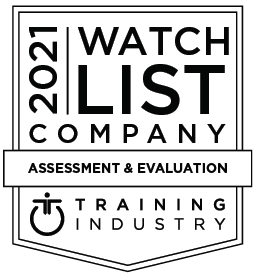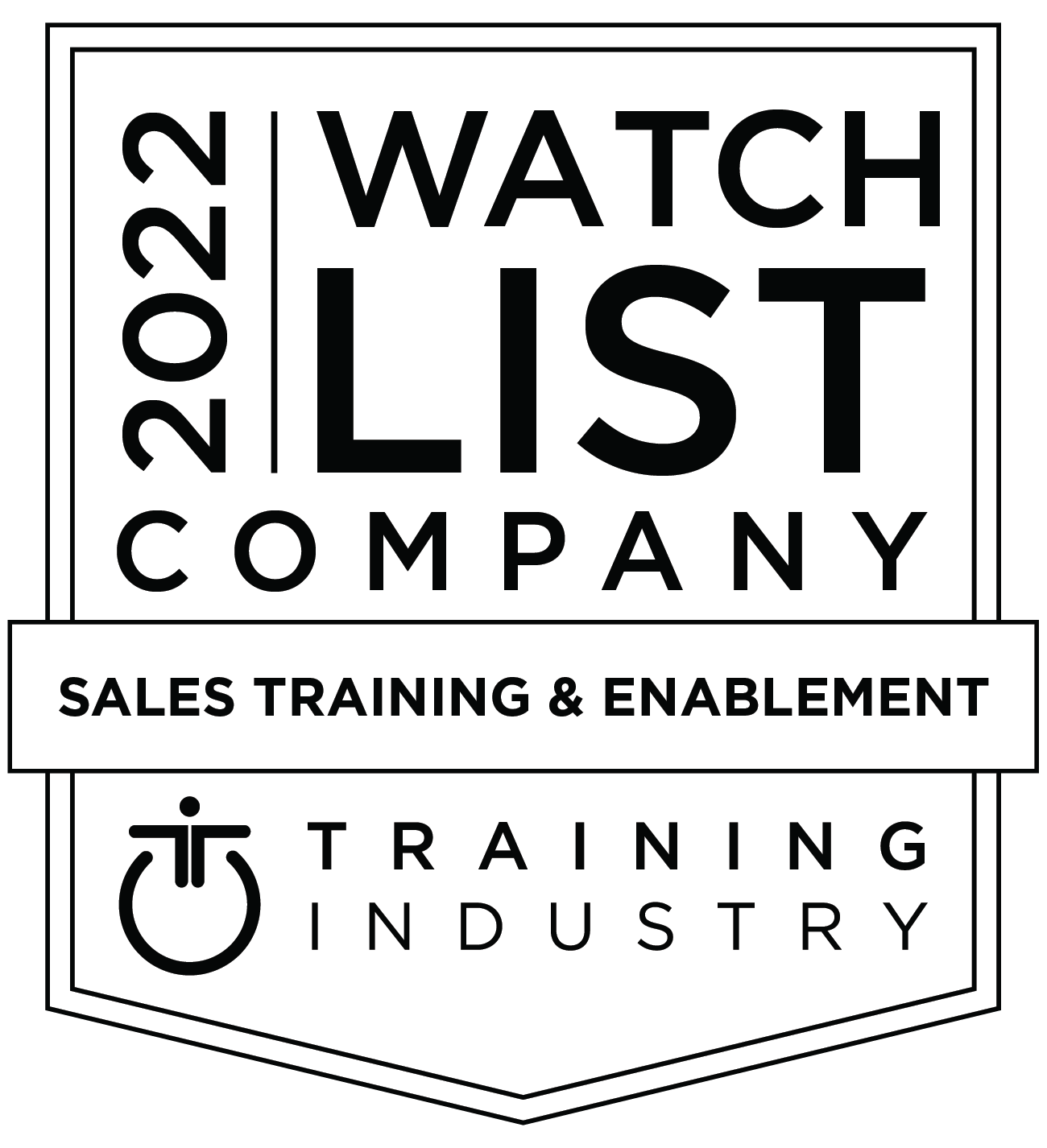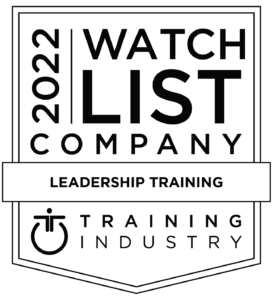Could your meticulous focus on the details be off-putting to others?
People who aren’t analytical or detail-oriented (i.e., big picture people) could experience your communication style in a negative way; especially if they feel that you’re overly focused on details at the expense of big picture goals or, worse, at the expense of their relationship with you.
What can you do to communicate more effectively with big-picture people?
As an analytical person, you don’t have to change who you are or grow frustrated that others won’t take the time to listen to or appreciate the valuable contributions you can make to a project, a team, or an organization.
Instead, there are some simple things you can do to better communicate with non-analyticals and big-picture people so that they feel more connected to you and satisfied in their interactions with you.
Build the relationship, first.
Don’t go straight to business. First, connect on a personal level.
- Express a genuine interest in other people’s kids, vacations, health, etc.
- Routinely give sincere compliments and thanks for good work, especially before offering criticism.
Deliver information in context and pay attention to how listeners respond.
Preface your insights, criticisms, and questions by letting folks know that your mind tends to focus on details.
- Acknowledge up front that you know your hyper-focus on details can sometimes drive others crazy.
- Before starting a conversation or presentation, tie the information you’re about to give into the big picture.
- At the end, connect the importance of the details you presented back to the big picture.
- Watch the nonverbal reactions of your listener(s) for signs of boredom, confusion, or zoning out.
- Respond and adjust your energy or presentation accordingly to keep the other person focused, positive and motivated.
Dial the intensity down a notch.
Try to remember not to come off as too intense. Preface your insights, criticisms, and questions by letting folks know that your mind tends to focus on details and you know it can drive others crazy. Maybe even apologize in advance, depending on your audience. Keep and convey a sense of humor about it.
- Stay calm, smile, talk more slowly, and relax a bit. Chill.
- Be aware of posture and gestures: Avoid pointing, “pen-jabbing”, or rapid fire questions.
- Listen to your own voice and monitor for intensity.
You don’t have to change who you are.
I’m not asking you to become a different person or change how your mind works. These tips are about making adjustments to your communication style to better connect with listeners.
I offer them only to help you ensure that your insights, ideas, and recommendations are heard and valued by those who are less analytical or favor a big-picture view of the world.
To learn more about best practices for delivering technical, data-rich presentations to non-technical audiences (face-to-face or virtual) with clarity, confidence, credibility, and ease, consider Mandel’s Think and Speak for Results™ Presentation Skills Training.










